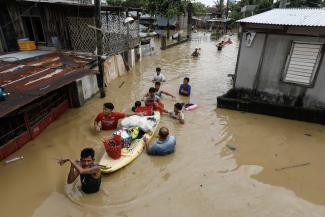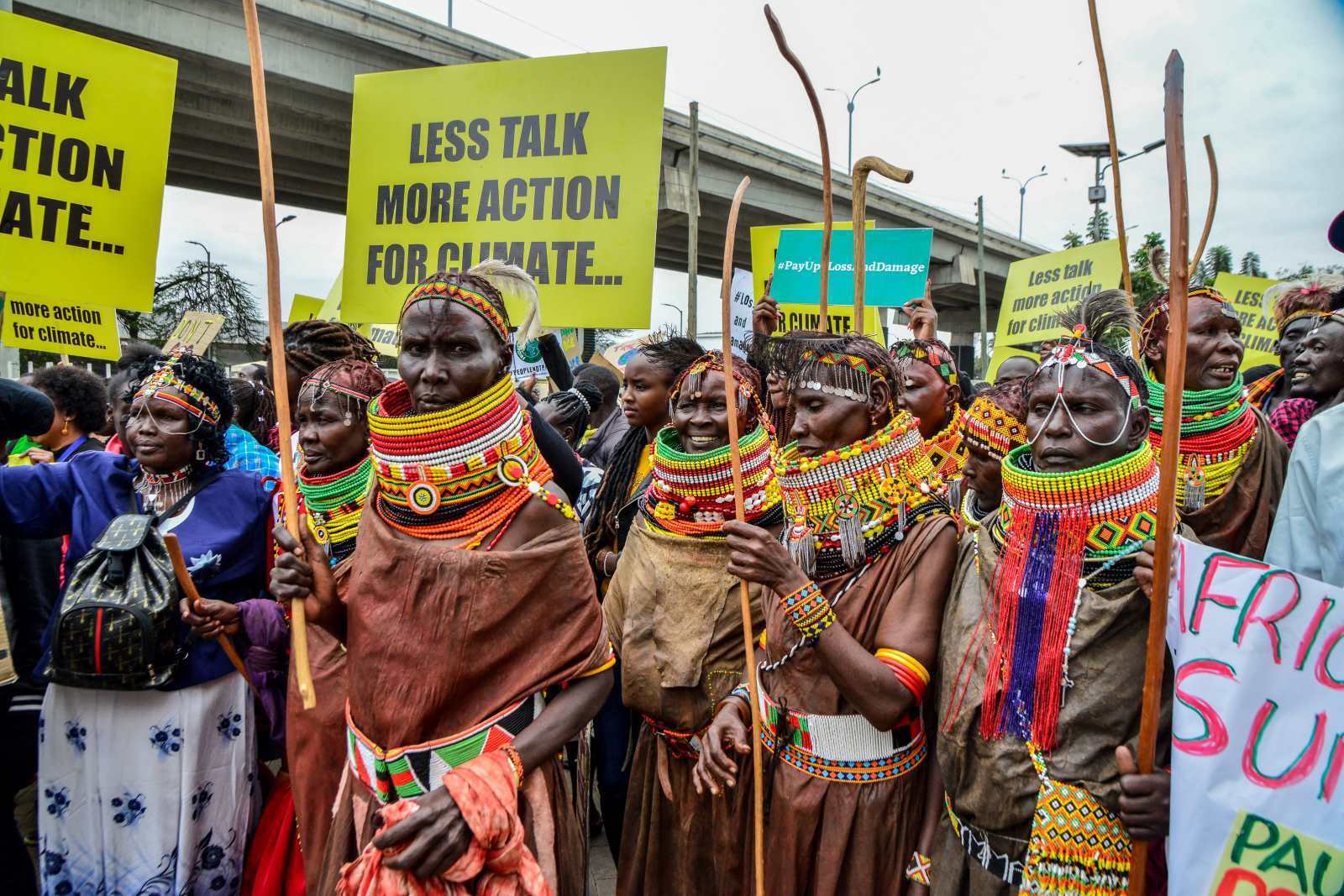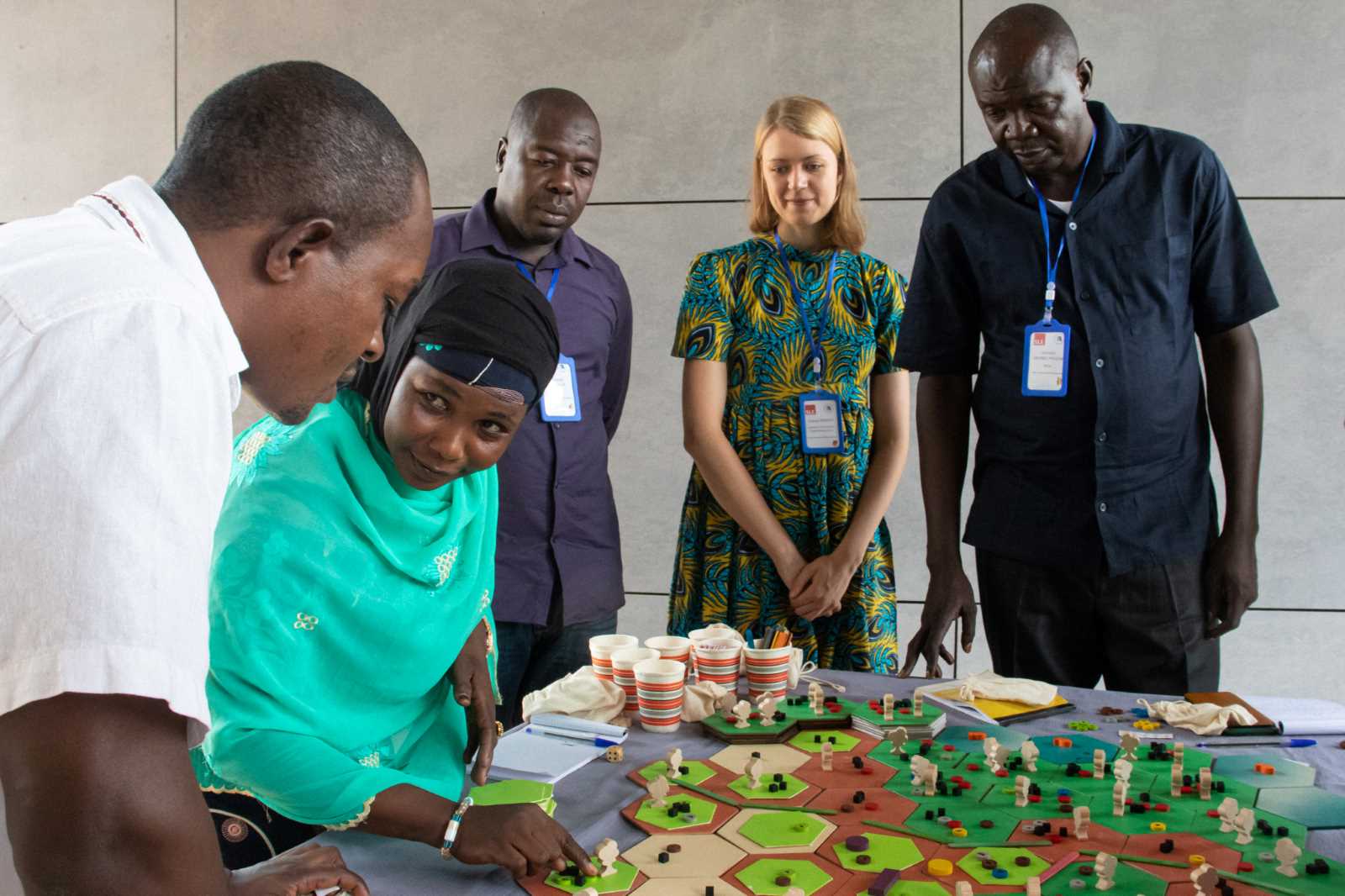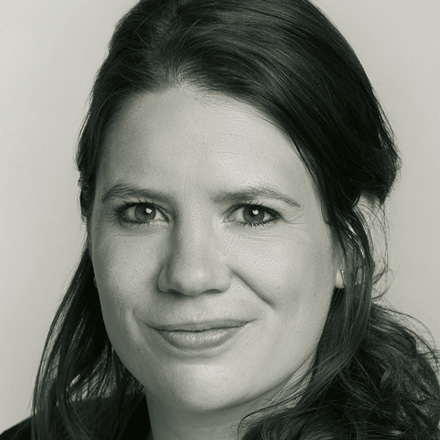Governance
Social disparities thwart climate justice

Global heating is extremely unfair. Countries with low incomes are most exposed to its impacts, have the least resources for adapting to the change and have contributed least to making the crisis happen.
The disparities between world regions are great, but the greatest disparity today is between the global rich and the global poor. According to the Climate Inequality Report the richest one percent of the world population causes more climate gas emissions in absolute terms than the poor half of humankind. The report was recently published by the World Inequality Lab, an international group of researchers.
Serious inequality is evident in all world regions. The scholars note that the most prosperous 10 % of every world region cause considerably more emissions per capita than the poorer 50 %. In the Middle East and North Africa (MENA) and in sub-Saharan Africa, the richest 10 % emit about 15 times more, in East Asia 14 times more and in South and Southeast Asia 12 times more. The comparative factor is slightly below six in Europe and a bit below seven in North America. In absolute terms, the North American rich are the worst emitters, and those of the MENA region are worse climate offenders than their European counterparts.
Within nation states, marginalised groups are affected most, including women and disadvantaged minorities. People who are economically worse off because they lack financial and other assets, have fewer opportunities to shield themselves from climate impacts.
More generally speaking, young people are especially at risk. They did not cause the crisis, but they will suffer its escalating impacts. The young generation’s future looks increasingly dark. Climate justice requires that those who are most affected by the climate crisis get a say in how societies respond to it.
We need a dramatic transformation. High-income nations in particular must reduce emissions much faster than they have done so far. Moreover, they must fulfil their promise of transferring $ 100 billion in annual climate finance to less fortunate countries. On top of that, a fund to compensate for losses and damages was promised at the climate summit in Sharm el-Sheikh last year. Money must begin to flow soon.
The transformation to clean energy and an environment-friendly circular economy will cause some communities pain. We need policies that ensure a just transition. Policymakers cannot allow entire regions or population groups to drop into poverty. It is obvious, however, that not every inconvenience is preventable.
The lifestyles of the richest people is compounding the climate crisis. For the sake of climate justice, their excessive privileges are not acceptable. State action can reduce extreme inequality. Prudent taxation is one option, and it would boost government revenues. That additional money could serve climate action as well as other purposes, such as education and healthcare, both of which have a bearing on inequality.
It is patently absurd, moreover, that corporations are still raking in profits worth billions of dollars with business models that systematically destroy the climate. Some companies have been taken to court in attempts to find out to what extent existing laws make them accountable for the damage. Environmental law, of course, can be made more stringent. That is true at national as well as international levels.
Jörg Döbereiner is a member of D+C/E+Z's editorial team.
euz.editor@dandc.eu















